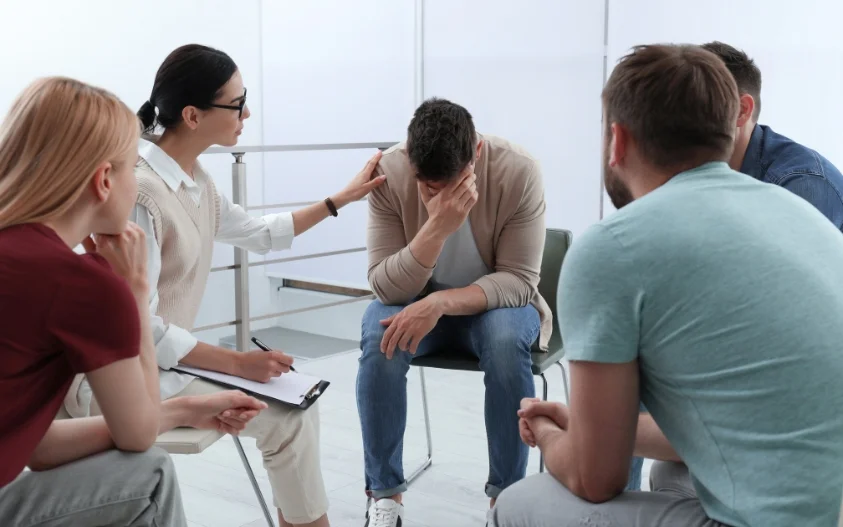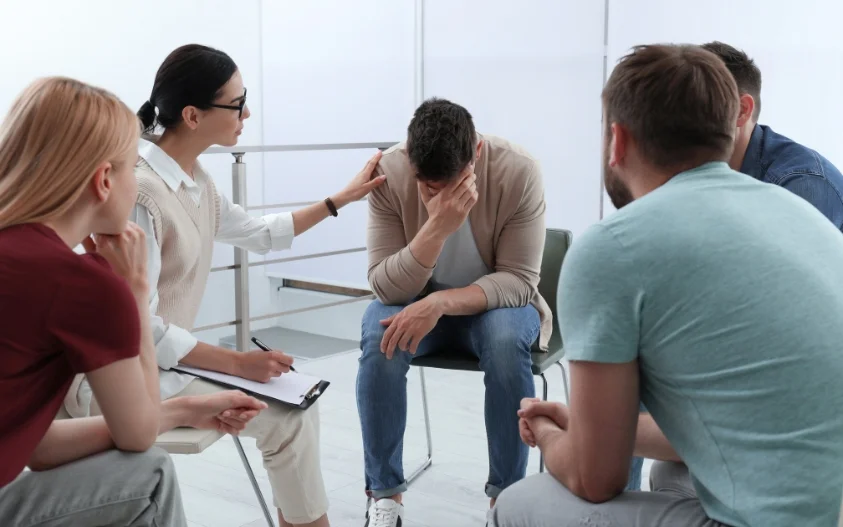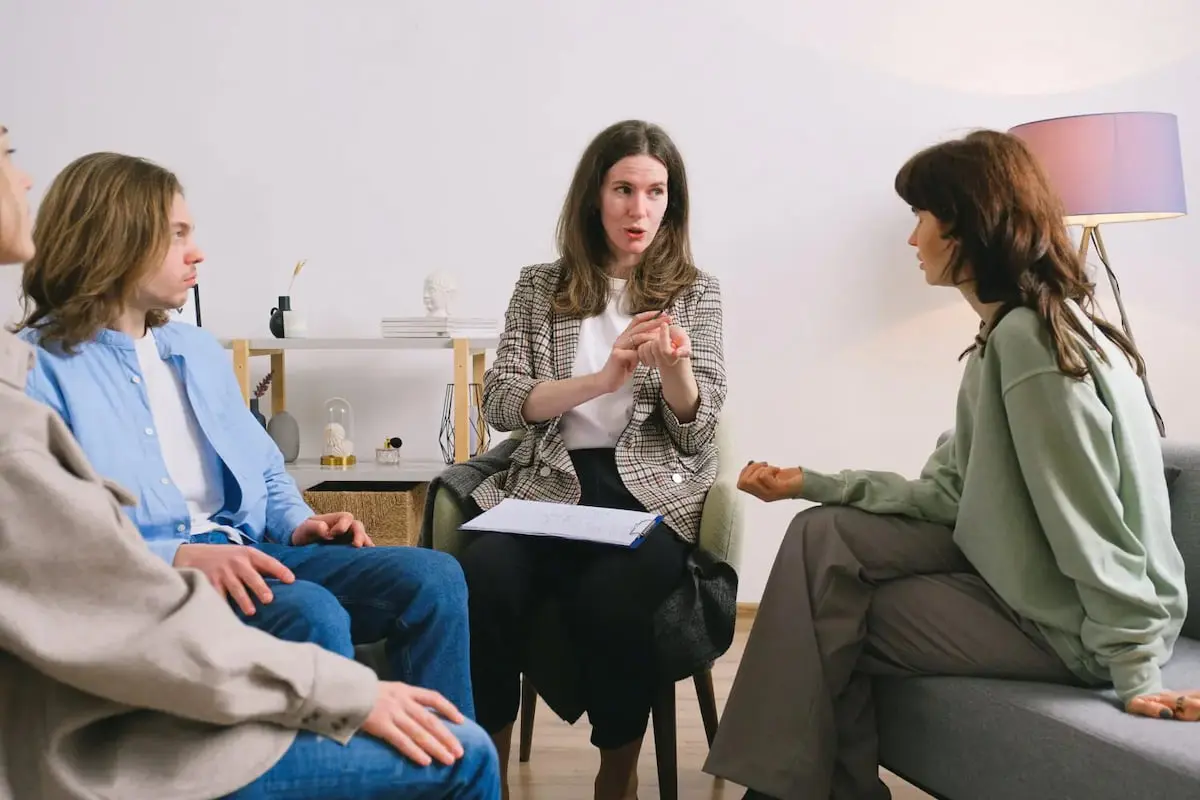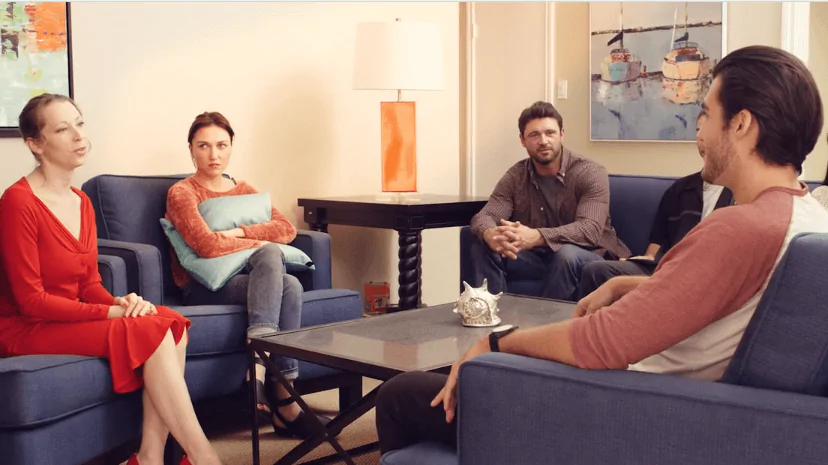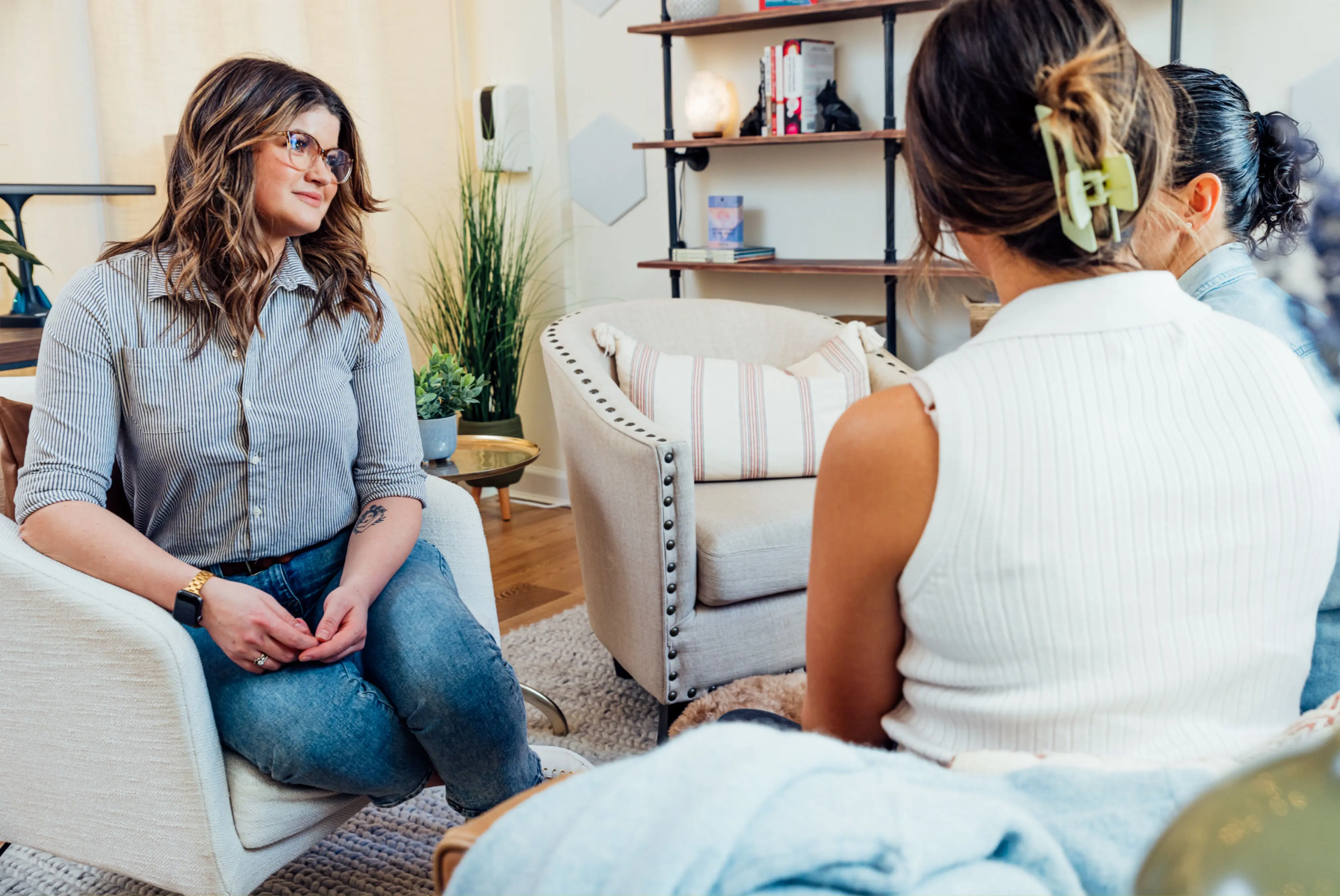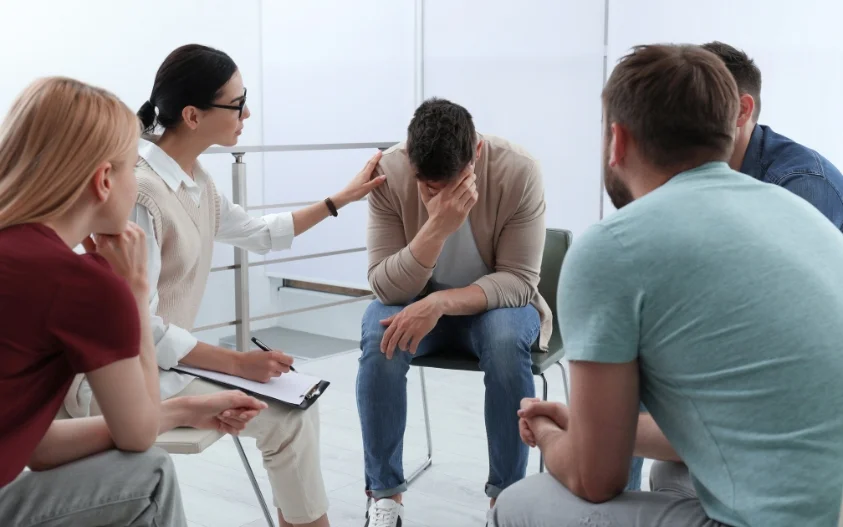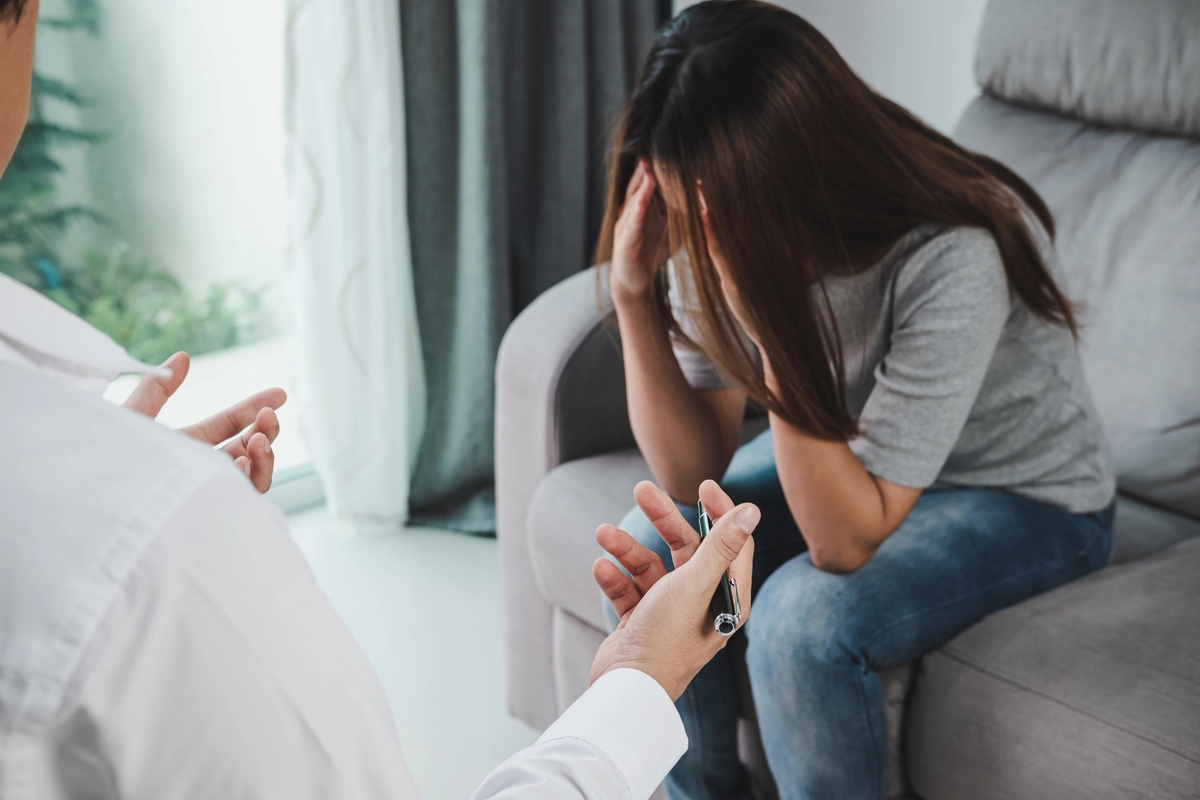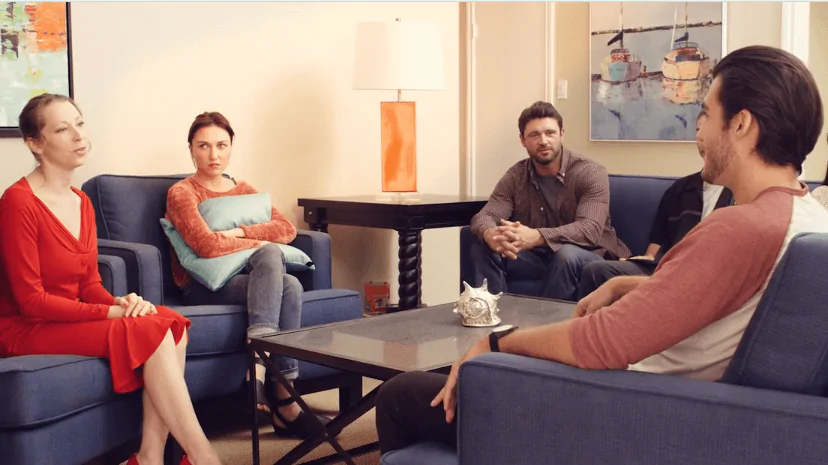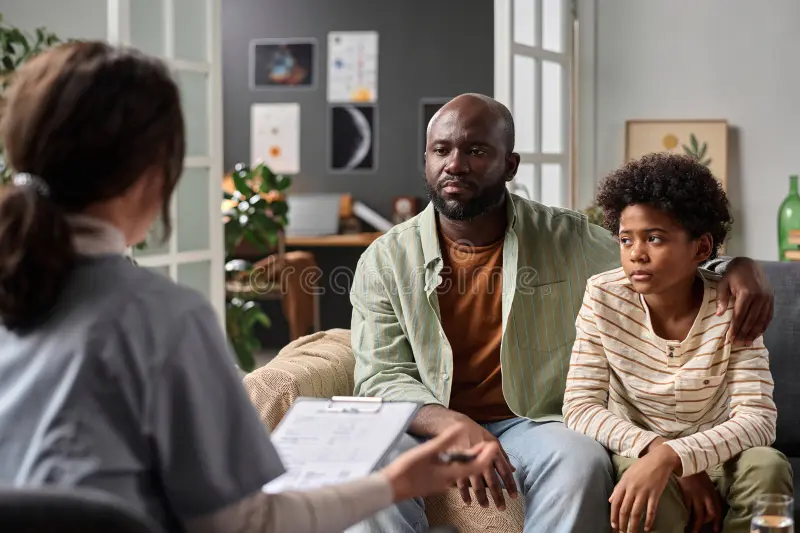24/7 Helpline:
(866) 899-221924/7 Helpline:
(866) 899-2219
Learn more about Couples Rehab centers in Warren County

Other Insurance Options

WellPoint

Sliding scale payment assistance

Access to Recovery (ATR) Voucher

MVP Healthcare

Covered California

BHS | Behavioral Health Systems

American Behavioral

MHNNet Behavioral Health

Sutter
Beacon

Kaiser Permanente

Oxford

Multiplan

CareFirst

Group Health Incorporated

AllWell

WellCare Health Plans

Molina Healthcare

Horizon Healthcare Service

Absolute Total Care

Freedom House Recovery Center – Lake Area Counseling Halfway House
Freedom House Recovery Center - Lake Area Counseling Halfway House provides up to six months of reco...
























